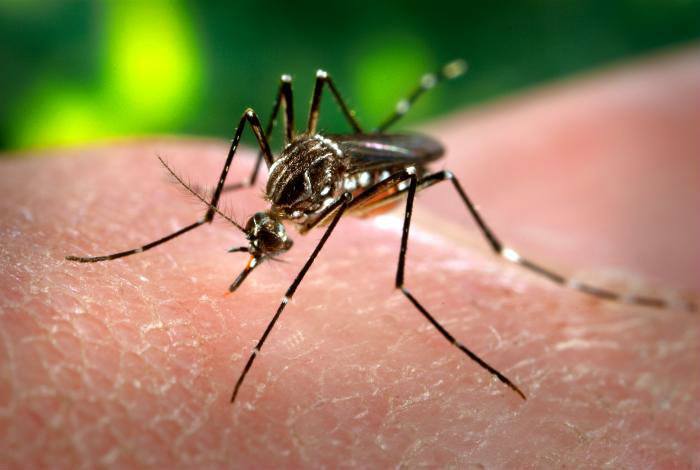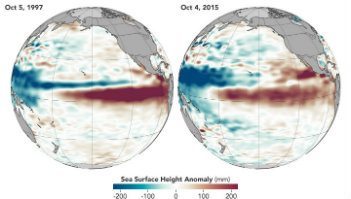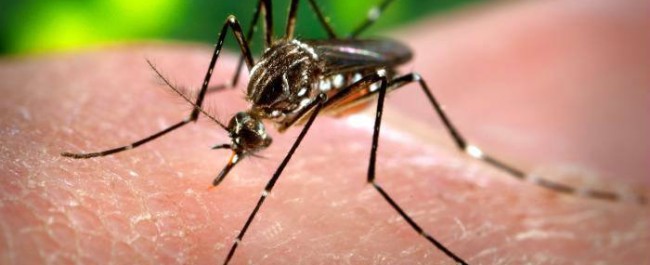Zika Virus And Climate Change
Zika virus is a mild illness-causing pathogen transmitted by the Aedes mosquitoes. This virus has over the past few months captured international attention due to its overgrowing presence in Brazil. Zika fever, the mild illness caused by this virus, is like a mild form of dengue that cannot be prevented with vaccines or drugs.
It is only treated by resting. News and reports of its apparent link to microcephany, birth defects in the babies of infected mothers, have prompted an issuance of travel advisories by various governments against countries infected with the virus.

Is The Climate A Contributing Factor Towards The Spread Of Zika Virus?
Researchers have been scratching their heads, wondering if the spread of Zika virus to the western hemisphere, something that was rarely heard of in the past, can be attributed to climate change. If this is the case, then the virus is likely to spread more rapidly to other countries in the near future due to climate change.
The spread of Zika virus will mostly be influenced by the movement of their hosts across the globe. In this case, the Aedes mosquitoes are likely to spread the virus across the globe as they are apparently present in almost all corners of the globe. These mosquitoes are known to thrive best in warm and wet climatic areas. With future climate changes that may lead to such conditions even in the northern western hemisphere, the mosquitoes will be able to breed profusely and result in a high spread of the Zika virus.
In the past few years, researchers have been studying how the future climate changes will affect the breeding of mosquitoes and their disease-spreading abilities. Most of these researches have concluded that a world with higher temperatures will provide a breeding haven for these bugs, allowing them to reproduce faster, rapidly, survive longer, spread diseases more, and even spread northwards to the western hemisphere, that is, the north Americas.
Will The El Nino Help In Spreading The Virus?
Although El Nino is not a direct result of climate change, it may contribute to the breeding of mosquitoes indirectly.  The heavy El Nino rains experienced last year could raise temperatures in areas where mosquitoes are already common. The rains could also create dumpy areas with stagnant water reservoirs that are perfect breeding sites for mosquitoes. This combination of warm temperatures and stagnant water could lead to excessive breeding of the mosquitoes and therefore lead to a high spread of the Zika virus.
The heavy El Nino rains experienced last year could raise temperatures in areas where mosquitoes are already common. The rains could also create dumpy areas with stagnant water reservoirs that are perfect breeding sites for mosquitoes. This combination of warm temperatures and stagnant water could lead to excessive breeding of the mosquitoes and therefore lead to a high spread of the Zika virus.
Severe Weather Conditions Due To Climate Change Could Also Contribute
In 2005, the Stan Hurricane that hit Southern Mexico created new mosquito breeding grounds through stagnant water reservoirs. This led to the successful breeding of the dengue mosquito. A similar situation could happen in the future with climate change resulting in an increased spread of Zika.
All in all, the increase in mosquito populations is without a doubt the biggest plus for spread of the Zika virus. Researchers are keen to confirm that with climate changes making it favorable for the survival of these bugs, you can be assured of an increased spread in mosquito-related diseases.







